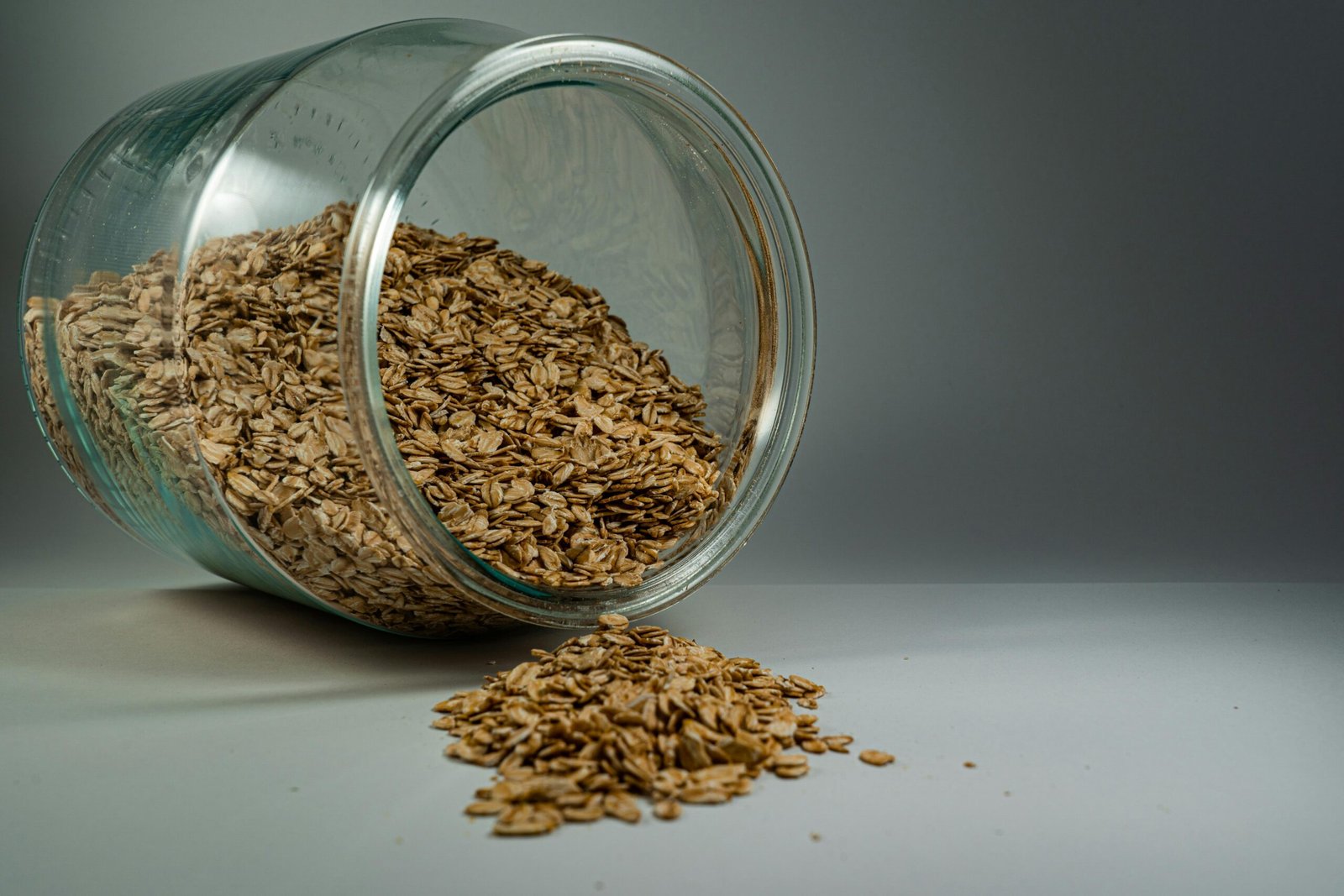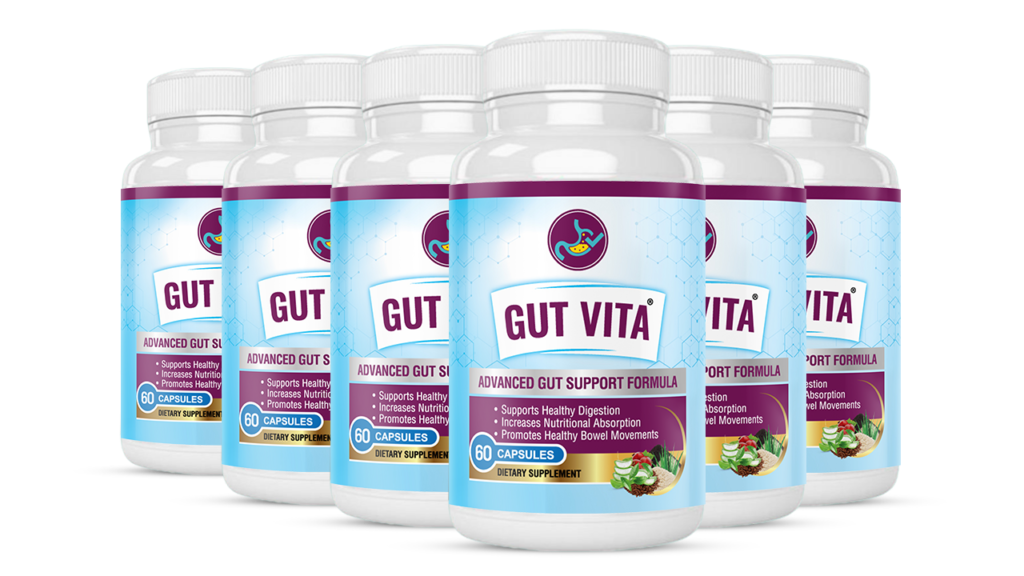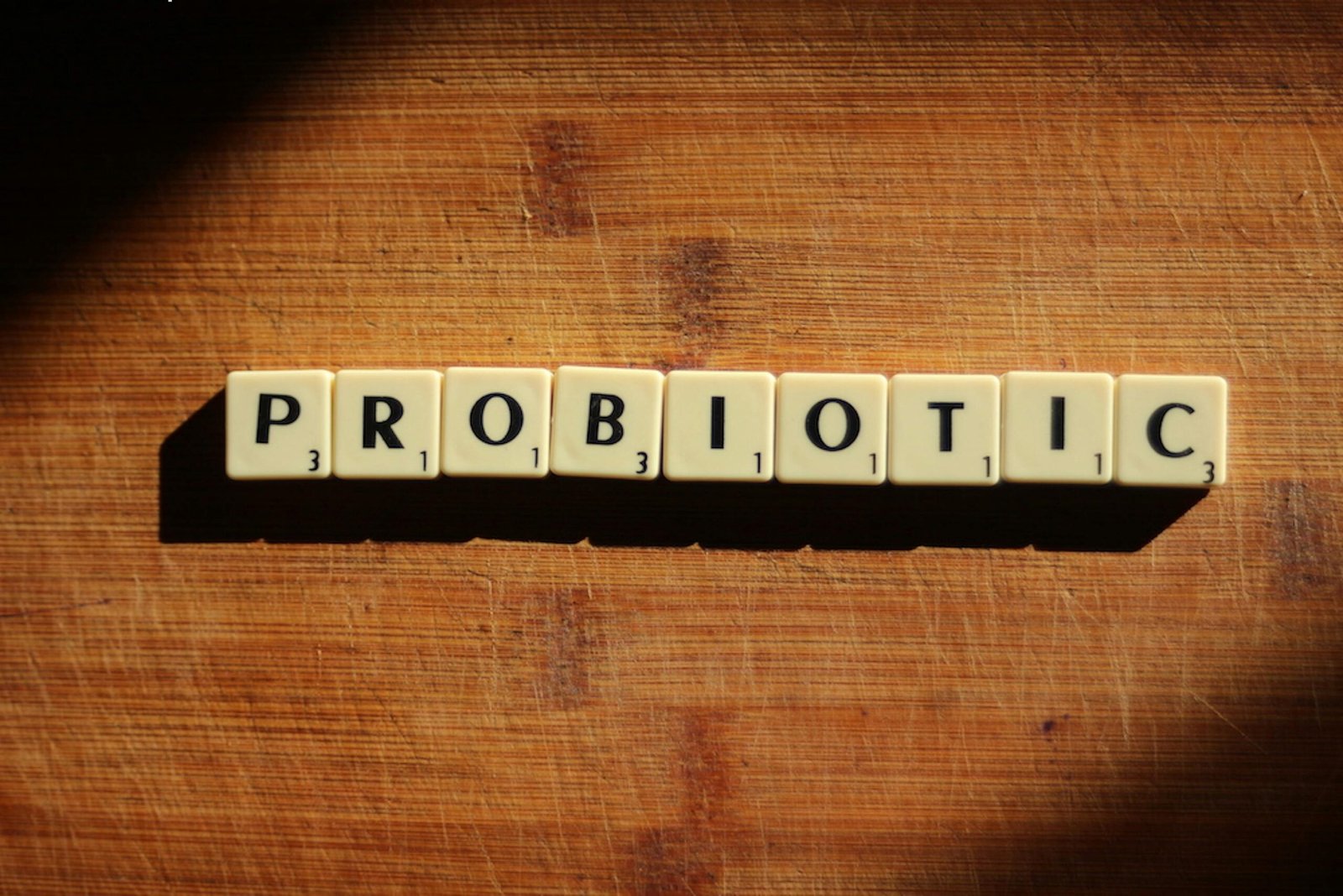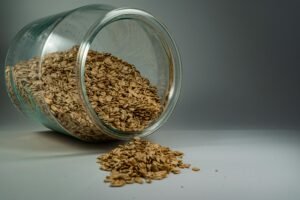Unlock the Power of Fiber: Everything You Need to Know About Dietary Fiber
The Comprehensive Guide to Dietary Fiber
Dietary fiber is a crucial component of a healthy diet, offering numerous benefits from improved digestion to better heart health. However, it’s essential to understand the pros and cons, potential side effects, and the best sources of fiber. This guide will cover everything you need to know about dietary fiber, including its benefits, sources, and how it can aid in weight loss and overall health.
What is Dietary Fiber?
Dietary fiber, also known as roughage, is the indigestible part of plant foods. It is found in vegetables, fruits, whole grains, and legumes. There are two types of fiber: soluble and insoluble, both playing important roles in health.
Soluble Fiber
Soluble fiber dissolves in water to form a gel-like substance. It can help lower cholesterol and regulate blood sugar levels. Good sources include oats, beans, nuts, and fruits like apples and blueberries.
Insoluble Fiber
Insoluble fiber does not dissolve in water and adds bulk to the stool, helping to prevent constipation. It is found in whole grains, nuts, vegetables, and the skins of fruits.
Benefits of Dietary Fiber
1. Improved Digestion
Dietary fiber helps maintain regular bowel movements by adding bulk to the stool, which can prevent constipation and promote a healthy digestive system.
2. Heart Health
Fiber can help lower cholesterol levels, reducing the risk of heart disease. Soluble fiber, in particular, binds to cholesterol particles and helps remove them from the body.
3. Weight Management
High-fiber foods are more filling, which can help control appetite and aid in weight loss. Fiber slows digestion, making you feel full longer and reducing overall calorie intake.
4. Blood Sugar Control
Fiber, especially soluble fiber, can slow the absorption of sugar and help improve blood sugar levels, which is beneficial for people with diabetes.
5. Reduced Risk of Certain Diseases
A high-fiber diet has been linked to a lower risk of developing various conditions, including colorectal cancer, type 2 diabetes, and gastrointestinal disorders.
Potential Side Effects
While fiber is generally beneficial, it can cause some side effects, especially when consumed in large quantities or introduced suddenly into the diet.
1. Gas and Bloating
Increased fiber intake can cause gas and bloating as your digestive system adjusts. To minimize these effects, gradually increase your fiber intake and drink plenty of water.
2. Stomach Pain
Some people may experience stomach pain or discomfort when consuming high-fiber foods. It’s essential to monitor your body’s response and adjust your intake accordingly.
3. Constipation
Ironically, too much fiber without adequate fluid intake can lead to constipation. Ensure you drink enough water to help fiber move smoothly through your digestive system.
Who Should Avoid High-Fiber Diets?
While fiber is beneficial for most people, certain individuals should be cautious:
- People with Gastrointestinal Disorders: Those with conditions like Crohn’s disease or irritable bowel syndrome (IBS) should consult their healthcare provider before increasing fiber intake.
- Individuals with Narrowed Intestines: High-fiber foods can cause blockages in people with narrowed intestines or other gastrointestinal issues.
- Post-Surgery Patients: Those recovering from gastrointestinal surgery should follow their doctor’s dietary recommendations, which may include limiting fiber intake.
Best Sources of Dietary Fiber
Incorporating a variety of fiber-rich foods into your diet is the best way to ensure you get enough fiber. Here are some excellent sources:
- Fruits: Apples, berries, oranges, pears, and bananas
- Vegetables: Broccoli, carrots, Brussels sprouts, and sweet potatoes
- Whole Grains: Oats, barley, brown rice, and whole wheat
- Legumes: Beans, lentils, and chickpeas
- Nuts and Seeds: Almonds, chia seeds, and flaxseeds
For more tips on incorporating fiber into your diet, check out our article on high-fiber foods.
Fiber Supplements: Pros and Cons
While it’s best to get fiber from natural food sources, supplements can be helpful for those who struggle to meet their fiber needs through diet alone.
Pros
- Convenient: Easy to incorporate into your daily routine
- Effective: Can help meet fiber needs quickly
Cons
- Potential Side Effects: May cause gas, bloating, and stomach pain
- Lack of Nutrients: Do not provide the additional vitamins and minerals found in whole foods
Conclusion
In conclusion, dietary fiber is an essential part of a healthy diet, offering numerous benefits from improved digestion to better heart health. However, it’s crucial to consume it in appropriate amounts and stay hydrated to avoid potential side effects. By incorporating a variety of fiber-rich foods into your diet, you can enjoy the many health benefits fiber has to offer.
Disclaimer
This article is for informational purposes only and does not constitute medical advice. Always consult with a healthcare professional before making significant changes to your diet, especially if you have pre-existing health conditions.
Content Sources
- Dignity Health
- Medical News Today
- Mount Sinai
- WebMD
- Harvard Health Publishing















